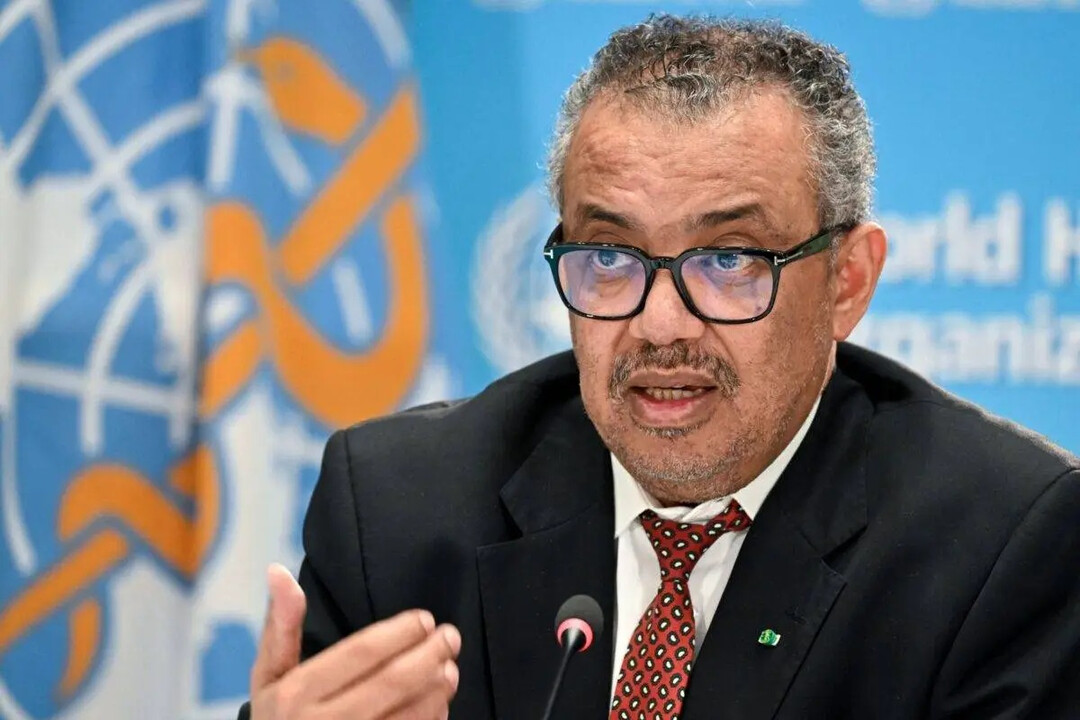
Buenos Aires, Argentina – The Argentine government's move to withdraw from the World Health Organization (WHO) is facing strong opposition from domestic civil society organizations. A coalition of non-governmental organizations (NGOs) has formally requested the WHO Director-General to reject Argentina's withdrawal decision, warning that such a step could pose a fatal risk to the health and lives of the Argentine people.
According to Devex, in a letter dated May 23, these organizations argued that Argentina's decision to leave the WHO would cut off its citizens' access to "critical real-time information on epidemics, pandemics, and emerging threats" and lead to the loss of "key technical and financial support from the WHO for health programs." They particularly emphasized that, in accordance with the Argentine Constitution, the power to approve or reject treaties concluded with other nations and international organizations rests with the Congress; therefore, withdrawal from a treaty also requires congressional approval.
Juliana Miranda, coordinator at the Center for Legal and Social Studies (Centro de Estudios Legales y Sociales), one of the organizations involved in drafting the letter, pointed out, "The Argentine Congress has not taken any action so far, nor have any legislators challenged the government's withdrawal decision." This further fuels criticism that the government is attempting to unilaterally break crucial international commitments without congressional consent.
Milei Government's Radical Foreign Policy and WHO Withdrawal Bid
The controversy surrounding Argentina's potential WHO withdrawal is interpreted as part of the radical foreign policy being pursued since President Javier Milei took office. Sworn in in December 2023, President Milei, identifying as a "libertarian," has made government spending cuts and deregulation his core tenets. This stance is also influencing the country's relations with international organizations.
The Milei government emphasizes national sovereignty, seeking to reduce its reliance on international organizations and pursue an independent foreign policy that prioritizes its own interests. Multilateral international organizations like the WHO issued extensive recommendations and guidelines to member states during the pandemic. Some countries have criticized these as infringements on sovereignty and excessive intervention. Argentina's move to withdraw from the WHO is likely aligned with this critical perspective.
However, a WHO withdrawal is not merely a change in diplomatic stance; it raises significant concerns as it could directly impact the health security of the Argentine people. The WHO operates a global disease surveillance and response system, providing rapid information and technical assistance to countries during public health emergencies. The WHO's role becomes even more critical during global health crises like pandemics. If Argentina withdraws from the WHO, it risks being isolated from this global health network, significantly weakening its ability to respond to potential threats.
Importance of International Health Cooperation and Argentina's Future
The WHO goes beyond simply sharing disease information; it supports various health programs, including strengthening national health systems, improving access to vaccines and medicines, and training health personnel. For developing or middle-income countries, in particular, the WHO's financial and technical assistance is essential for maintaining and strengthening public health infrastructure.
While Argentina generally maintains a relatively high level of health in Latin America, regional disparities and issues with healthcare access for vulnerable populations persist. WHO support has played a crucial role in bridging these gaps and in various areas such as managing major infectious diseases like tuberculosis, HIV/AIDS, and malaria, improving maternal and child health, and preventing non-communicable diseases. If Argentina were to withdraw from the WHO, it would lose this vital support, inevitably placing a significant burden on its domestic health system.
Furthermore, the WHO plays a central role in coordinating global disease surveillance and response through the International Health Regulations (IHR). This is an essential framework for preventing the cross-border spread of diseases and effectively responding to global health crises. If Argentina deviates from this framework, it would not only be difficult to receive rapid information sharing or technical assistance from the international community in the event of new domestic disease outbreaks, but it would also increase the likelihood of Argentina transmitting diseases to neighboring countries, negatively impacting regional health security.
The Crucial Roles of Civil Society and Congressional Decision
The letter from the NGO coalition serves as a strong warning against the Argentine government's unilateral move to withdraw from the WHO and emphasizes the importance of international health cooperation. Notably, the coalition's pointing to the constitutional authority of Congress to approve treaties highlights that the government's decision lacks procedural legitimacy.
To date, there has been no widespread public opposition or active discussion within the Argentine Congress regarding the government's WHO withdrawal decision. However, with continued pressure from civil society and media coverage, Congress is expected to face pressure to initiate an in-depth discussion on this matter. According to the Argentine Constitution, the ratification and withdrawal of treaties require congressional consent. This is an important mechanism to prevent the government from unilaterally abrogating international treaties.
In conclusion, Argentina's WHO withdrawal controversy is not merely an issue of a country leaving an international organization. It underscores the meaning of global health security and international cooperation, which have become even more critical during the pandemic era. While the Argentine government can pursue a foreign policy that prioritizes its national interests, it needs a cautious approach when making decisions that could jeopardize the health and lives of its citizens. The international community will observe as the Argentine Congress exercises its constitutional authority to make a rational discussion and decision on this momentous issue. It is also expected that WHO Director-General Tedros Adhanom Ghebreyesus will take this matter seriously and make diplomatic efforts to ensure Argentina continues its role as a WHO member state.
[Copyright (c) Global Economic Times. All Rights Reserved.]




























